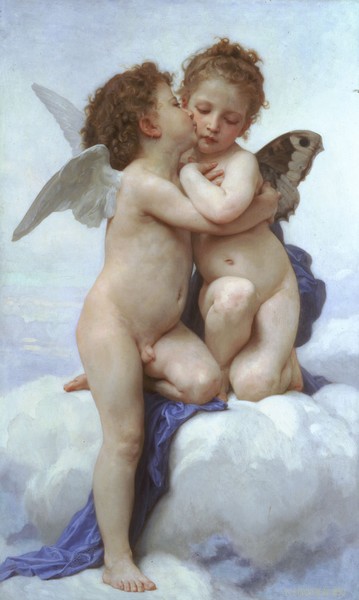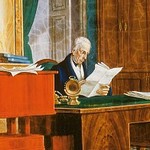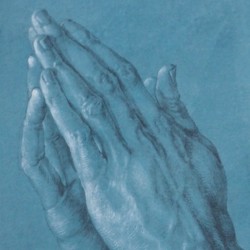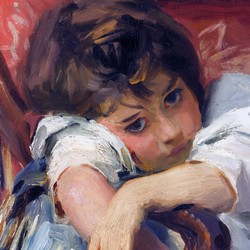
In Joseph Haydn's immense production, the songs occupy a small place, he wrote about fifty; that means that there are twice as many symphonies as there are songs. They were, moreover, late works: the first ones are from 1781 when the composer was forty-nine. Prince Nikolaus Esterházy was likely not interested in the new genre that came from the north because otherwise Haydn would have a considerable catalogue of Lieder. Since the baritone the prince loved was the string instrument, and not the voice we love in this house, Haydn's first Lieder arrived when the composer was aware that in the salons of Vienna songs in German were usually sung.
He then began writing songs. He did it with enthusiasm, and soon the first twelve songs of the twenty-four he had promised to the Artaria publishing house were finished. Perhaps he lost his initial enthusiasm, or because he had a lot of work to accomplish, it took three years to deliver the next twelve songs. Ten more years pass before he gets back to it, in 1794, during his second stay in London; there were songs based on English texts in this case (it was during his first visit to London that he began making arrangements for Scottish and Welsh songs).
Although the genre was of little interest to him, or he was only interested in certain moments in his life, we are talking about the great Haydn, and his songs deserve to be listened to carefully, just like all his music. Today I propose that we listen to one of those first publications, Der erste Kuss [The First Kiss], Hob. XXVI:3. Haydn’s catalogue, published by Anthony van Hoboken in 1957, is thematic, and the XXVIa category is that of songs with piano accompaniment. Within the category, the works are chronologically ordered, and so we have this catalogue number so simple and easy to remember: Hob. XXVI:3.
Haydn chose for his Lieder, above all, poets related to Empfindsamkeit, the movement that, in an illustrated context, vindicated the importance of feelings, always expressed in moderation. From these moderate texts, we have moderate songs; that is, friendly, light, bucolic, slightly sensual or slightly humorous at times, without any complication. Der erste Kuss departs from a poem by Johann Georg Jacobi (the poet of Am Tage Aller Seelen by Schubert), and describes a first kiss with tenderness, elegance, and a passion as contained as it was usual at the time. Haydn's song is lovely in its simplicity: it is pure strophic, and the voice and right hand of the piano share a stave; that is, the piano doubles the voice, and thus “helps” the singer, a resource widely used back then.
Due to its character, its structure and, why not, its charm, Der erste Kuss is an excellent song to illustrate what Lieder were like before Schubert arrived and revolutionized everything. It is likely that we will hear it during the first session of the course "The Lied, a close genre” which will begin on Tuesday, May 14th at bookshop La Tribu. I am aware that if you are reading the English version of this post, you are not in Barcelona, but, just in case, here is more information about the course. It would be wonderful to meet you there.
For the moment, we will listen to Der erste Kuss, performed by mezzo Stephanie of Oustrac and Aline Zylberajch at fortepiano here. And then, if you have five more minutes, please listen to Immer leiser wird mein Schlummer, composed by Brahms a century later, and tell me if the first sentences of both songs are not very similar.
Leiser nannt' ich deinen Namen;
Und mein Auge warb um dich:
Liebe Chloe! Näher kamen
Unser beider Herzen sich.
Und du nanntest meinen Namen;
Hoffen ließ dein Auge mich:
Liebe Chloe! näher kamen
Unser beider Lippen sich.
O, es war ein süßes Neigen;
Bis wir endlich, Mund an Mund,
Fest uns hielten, ohne Zeugen -
Und geschlossen war der Bund.

















Comments powered by CComment